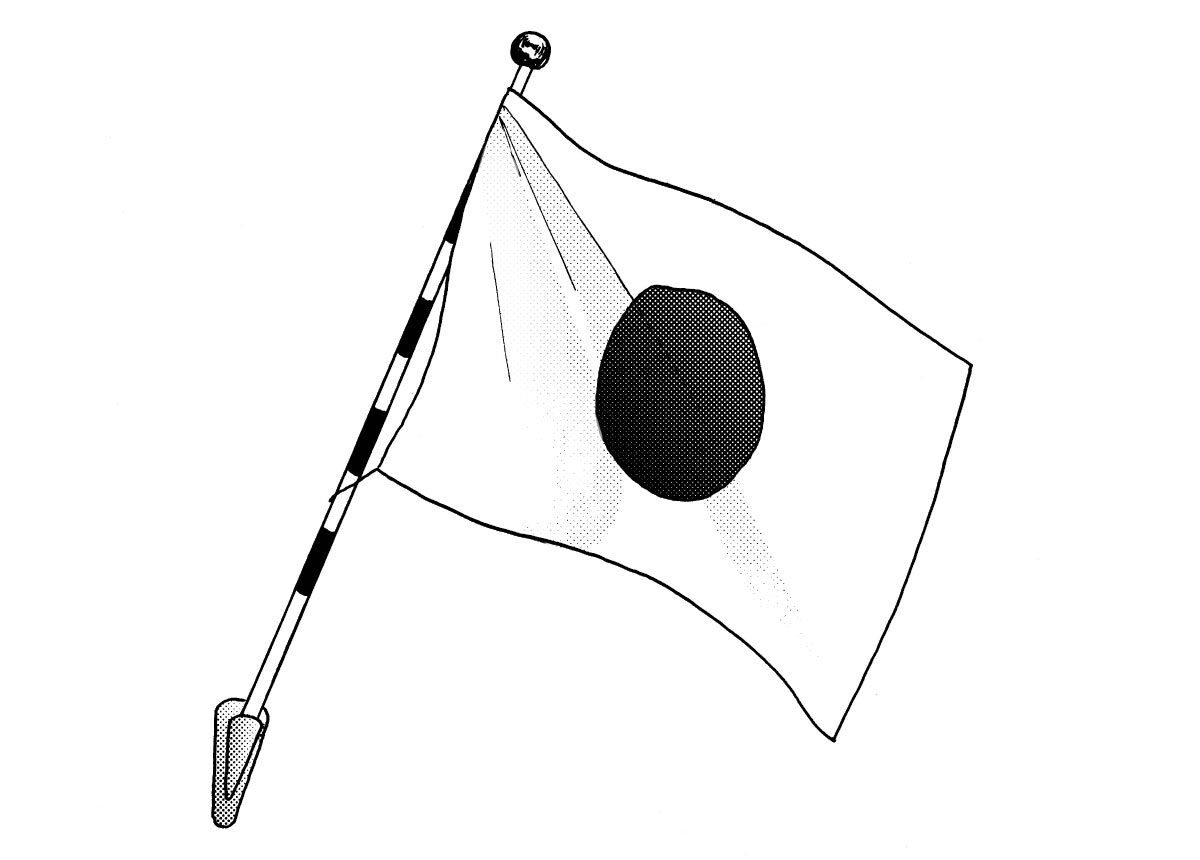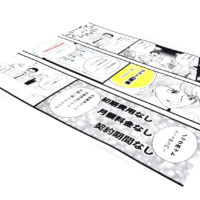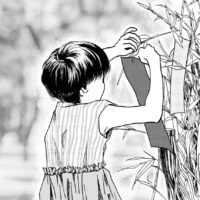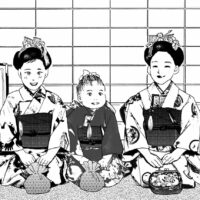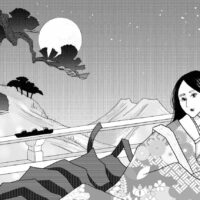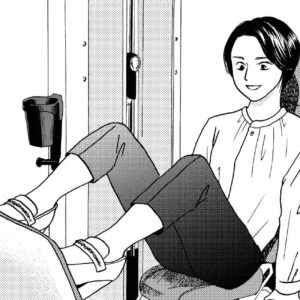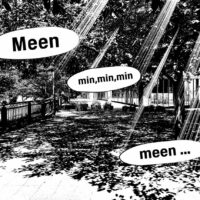February 11 is a national holiday, National Foundation Day. What constitutes a national day varies from country to country. In the case of Japan, the day the first emperor assumed the throne is recognized as National Foundation Day because it is unclear when the country was actually founded. According to Japan’s oldest history book, Emperor Jinmu became the country’s first emperor on February 11, 660 BC.
Until 1966, Japan did not have a National Foundation Day. From 1873 to 1948, there was a holiday called “Kigensetsu” to celebrate the accession day of the first emperor, but GHQ banned it after World War II to stop the Japanese people from practicing emperor worship. Since then, bills had been introduced nine times to reinstate Kigensetsu as a National Foundation Day, but all had been rejected. According to the opposing political party, the reason was that the Kigensetsu, on which the commemorative day is based, was contrary to the current democratic principle of the sovereignty of the people, as it deified the emperor and glorified his politics. There was also debate as to what specific date should be chosen as the anniversary, with some preferring April 3, when Prince Shotoku enacted the Seventeen-Article Constitution, others preferring May 3, when the Japanese Constitution came into effect, and still others preferring April 28, when the San Francisco Peace Treaty was issued. After all, as mentioned at the beginning of this article, February 11, the date of the first emperor’s accession, is now Japan’s National Foundation Day. But the law still leaves room for change, stating that “the date to be specified by Cabinet Order” shall be designated as National Day.
By the way, National Foundation Day is a day to “cultivate love for one’s country.” The Japanese need to treat patriotism with caution. We are taught that the Japanese people’s fanatical patriotism prevented them from surrendering during World War II. As a result, atomic bombs fell on Nagasaki and Hiroshima. Some Japanese still believe that “patriotism and nationalism are dangerous.” In my case, I vacillate between being proud of my country and feeling that my country and I are completely separate. I am reminded of the beauty of my own culture and wish to cherish it when I study a foreign language, but at the same time, I want to escape from cooperating and striving for the good of the nation. It is the basic logic of the modern state that sovereignty is ours and the state is a reflection of it. But when (or at what point) does it become a “country” as a result of the accumulation of self, family, and loved or important ones?
A Chinese military invasion of Taiwan is now becoming more likely. How would I do when Japan is in crisis? There is nothing more unreliable than a statement made when nothing is happening. One soldier who is fighting in Ukraine said that he never thought he would be in a situation where he would have to fight. This indicates that what we assume in advance differs from what we do in reality. I feel my patriotism is indeterminate.



